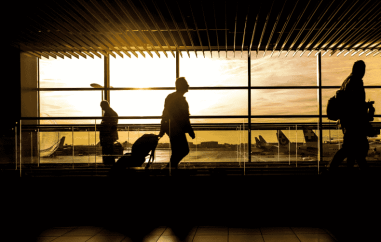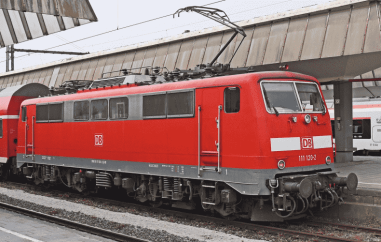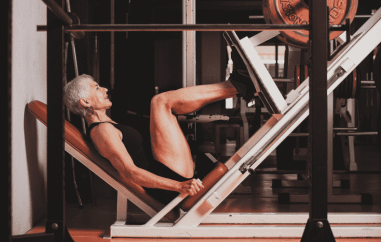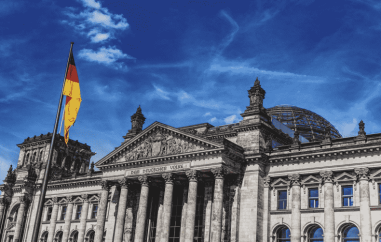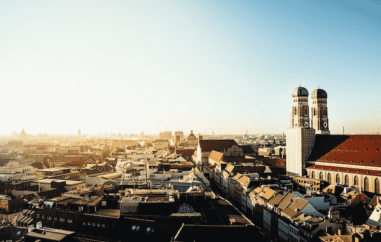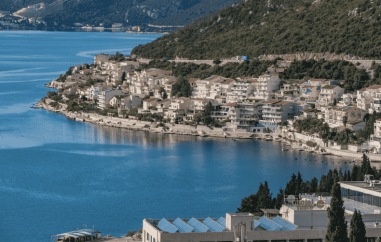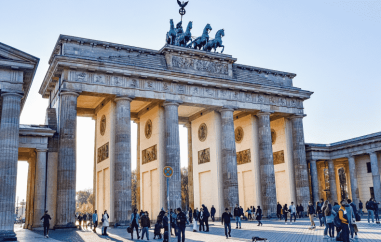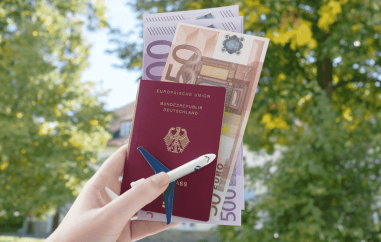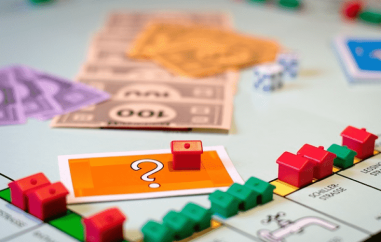An African woman's perspective on gaining asylum in Germany
The wind blew heavily on a cool Friday evening, it carried the pleasing and relaxing sounds of rustling trees and waving grass to my ears. However, as I wandered around a thicket wondering what there was left was left to embrace in the world, I found myself far from relaxed. My mind was in a state of dissaray, like the leaves collecting at my feet.
I felt a strong sense of change ahead of me. The obvious change, being of course of a geographical nature, was not nearly as important as the changes about to take place in my life emotionally, culturally and psycologically. What to expect in terms of these imminent changes was worryingly still a cloudy area for me. The constant worry and anticipation of the steps I was about to take sent my brain spinning and was draining me of all energy. Should I seek asylum? Or go back home and be tormented day and night? Believe me, it took me a whole month to come to terms with my decision. A month of endless thoughts and sleepless nights. No wonder a journalist colleague I was staying with at the time had to check me into therapy. My health had deteriorated both mentally and physically. Why in the world would a young, energetic and successful professional woman seek asylum? Was that what I really wanted for myself? Not really, actually not at all.
Many times I had read stories and seen documentaries about asylum seekers. All the horrendous conditions they went through to be able to live freely. And now I was about to join them because I had tried to expose corruption at home in my African country. I had made many enemies, the truth often does. Why must human nature make most of us want more and more? So here I was.
On a Monday morning inOctober, I decided to take that great leap of faith and walked into the reception centre for asylum seekers in Berlin. As I approached the towering brown building, my heart was racing. As the glittering glass doors opened, I knew this was the beginning of a new chapter in my life; I was walking into a world of uncertainty. The feeling was nearly unbearable, I knew I was losing nearly everything that I had worked for in life, a life which up to this point had been very fruitful. This was the hardest decision I had ever had to make in my life.
The registration hall was full of asylum seekers of mainly African and Arab origin. After many minutes queuing, I was met by an Immigration Official of Indian descent. He requested that I hand over all my documents (passports, driver's license and even my resumé). I asked him why he needed my resumé. "For security purposes and to collect as much information as possible about the asylum seeker," he answered. Then came the big question. "What is your reason for seeking asylum?"
"Because of a life threatening political condition at home," was my answer.
Ten minutes later we were done with the paperwork and next came the fingerprinting procedure. One finger after another. "No shaking", I was instructed by the female official, who seemed to be in her twenties and somewhat morose. After this, photos of my face were taken from every angle. It felt as if I was little more than a common criminal.
At the end of that first day I walked out of the central reception centre for asylum seekers as a nobody. I had no identification; no home. The asylum homes were over-crowded. Luckily for me, I had a colleague I could stay with. I felt pity for one Iraqi family with two children who had to spend the night in the hall chairs, because the officials could not find them a place to stay.
The next day I picked up my new identification card as I'd been instructed. It contained my name, date of birth and the title Asylum Seeker, together with the address of the asylum detention home I was to report to as soon as possible.
We took the tube line to Spandau Asylum Seekers' Home on the north side of Berlin. Upon arrival, the area seemed deserted. On the left side of the road was a huge chain link barricade. Behind that was the camp, and I was astonished at the heavy security at the entrance gate. Only after I identified myself was I allowed in. In the courtyard were roughly 20 men playing football speaking mainly Arabic to eachother. As soon as they saw me, they stopped playing and stared until I had disappeared into the residence.
There is no way I will ever forget that 50 metre walk from the security entrance to the residence. It seemed like 50 km. How was I going to survive in this environment for the next couple of years? The home was over-crowded, heavily guarded and subsequently it felt stifling and unwelcoming.
The elderly housemaster placed me in a room to be shared with four other ladies of different nationalities. At my colleague's request, he granted me two weeks' permission to live in the city as I awaited a more permanent home to be assigned to me. He even explained to us how terrible the conditions in the home were, in particular for women. Toilets were shared, bathrooms were in close proximity to one another and sleeping areas were all in one hall. Absolutely no privacy.
Two weeks later, I went back for my final relocation letter. After a long wait, a smartly dressed middle-aged lady ushered us into her office. With my case file on her desk she broke the news to me. Just the news I was hoping that I would not hear. "We are moving you to Munich," she said.
I could not stop the tears from rolling down my cheeks. I was being told that I must repeat this distressing experience again in a totally new environment. I lost the nerve to ask any further questions about my new situation. She told us that I was being sent to Munich because it is where the expert dealing with political cases like mine was based and specifically catered for people from East Africa. My colleague was of the opinion that Bavaria was "...the furthest place possible from your culture...", however I was not prepared to let this jangle my nerves.
I picked up my train ticket from the reception desk, went back to my colleague's apartment, packed my bags and waited for that long eight-hour ride to Munich. Despite everything, I was determined to hold onto hope, and to embrace whatever Bavaria had in store for me.
Hemlal Mainaly
2014-12-29 20:22:41When I go through this article it made me to remember how difficult it is for an asylum seekers in germany to get legal status.If I turned back the last eight years of my life in Germany,tears roll down the checks . People see reklement on my face every moment .
